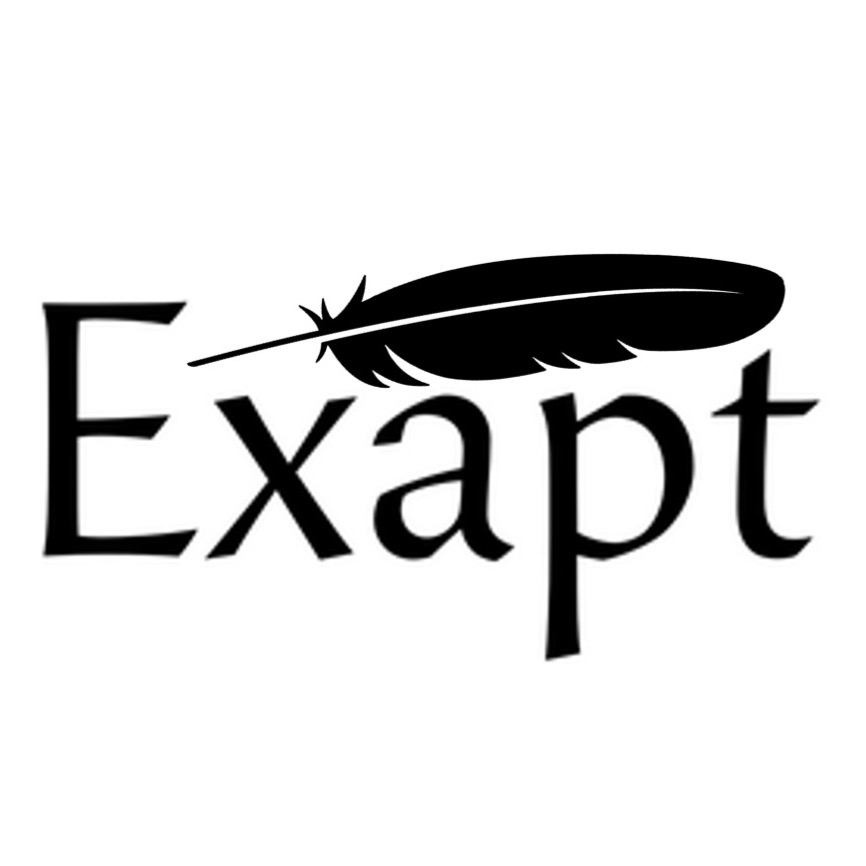
Campaign against Complexity
Complexity and systems thinkers need to STOP NOW!! Complexity and systems thinkers are doing more harm than good. Join the Campaign Against Complexity (CAC). Why? Complexity and systems thinkers need to put down your frameworks, scrap your models, burn your loopy...

Why does addressing counterarguments make a nonfiction book more compelling?
The reader of your book thinks you are wrong and you should agree with them ... ... for a while. It is tempting to set out your argument and leave it at that. You’ve spent a lot of time getting experience, gathering evidence, crafting the flow, and clarifying your...

Complexity is solved, so what’s next?
A startup based in a garret in Rotherham, England, has announced that they have solved complexity. Using a laptop running Ubuntu Linux, a small team of researchers, well actually a guy with a beard called Aubrey, has coded an artificial intelligence (AI) that can...

What is a developmental edit of a nonfiction book?
What does the author get after it? What am I thinking about and watching for? What do I NOT do? What are the steps? 1. I read the book like a reader. First, I just read the book from start to finish. No notes, no stopping, no analysis. I want to take in the book...

If you keep the jargon, fine. But ensure you utilise more diminutive vocabulary elsewhere.
If you are going to keep the specialist words for your subject then it is all the more important to use small simple words when you can.
“Never use a long word when a short one will do.” – George Orwell

Is my baby ugly? How to get the best from a developmental editor.
A developmental edit is not about spelling and commas but big questions about structure, flow, completeness and the reader.
To get the best out of your developmental editor, remember three things:

I can’t write simply about complexity and systems. It will lose its meaning.
Writing about complexity and systems thinking can be hard to understand.
When writing about complexity or systems thinking, there is a lot of nuance. There are fine distinctions to draw and subtleties to highlight. Not to mention the abstractions.
The worry is, if you simplify, you lose that.

Have you found the “One Thing”? I have. Lots of them.
I’d found it. The One Thing. It was Microsoft Access.
Yes! No laughing at the back. Microsoft Access.

Worried the 1st draft of your book is bad? Worry no more.
You can stop fretting because your book is bad.
“The first draft of anything is shit.” — Ernest Hemingway
The first draft is something to be incredibly proud of.

